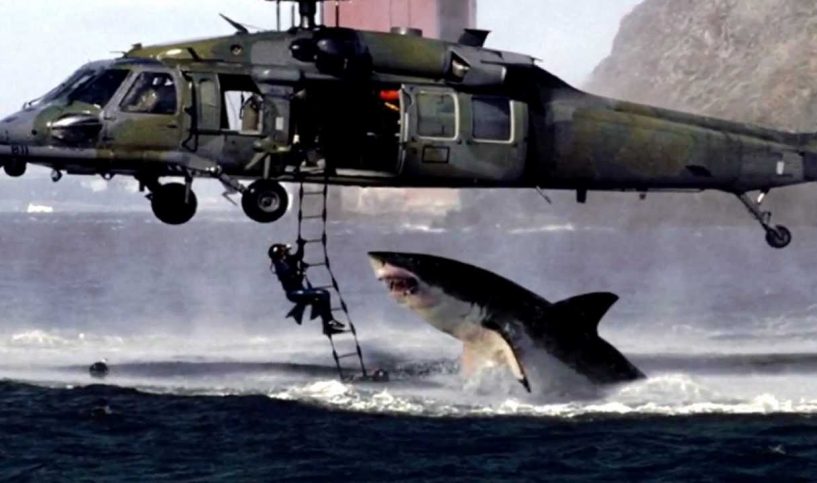It’s never been so easy to pretend to know so much without actually knowing anything.
– Karl Taro Greenfield (KTG)*
The current insurgency/war in Iraq is being coordinated on [drumroll, please]…Facebook. Social media is under siege in many countries, but as fast as someone shuts down a source of information, another pops up. Virtual Private Networks (VPNs) and encrypted tunnels are utilized for underground websites to spring up every few seconds. Stemming the tide of information to and from an entire country is no longer a reality. Sure, Turkey might block Twitter for awhile, but even as the legal challenges to such an autocratic decision are filed, bright, determined, technically savvy people are finding a work-around, and still the information gets out there. Wherever “there” is.
Bravo.
I also see the other side of the flood of information. The people who talk like they know something but in fact, they’ve only read headlines, a news summary, or an abstract, and then proceed to talk about it as if they’ve actually know what they’re talking about.
Therein lies the dark side of the flood of information readily available, literally at our fingertips. We pick topical, relevant bits from Facebook, Twitter or emailed news alerts, and then regurgitate them. Instead of watching “Mad Men” or the Super Bowl or the Oscars or a presidential debate, you can simply scroll through someone else’s live tweeting of it, or read the recaps the next day. Our cultural canon is becoming determined by whatever gets the most clicks. – KTG
The overwhelming amount of information coming at us from everywhere makes it very difficult to discern what’s important, what needs attention, what can be ignored, and what is safe to be saved for later. Add to that the constant recommendations to read this or that book, see this or that movie, or attend this or that lecture; we can be completely undone by the sheer volume.
I know this by the eye-watering stuff some of my Facebook peeps post. Less than 30 seconds’ worth of checking (hoax-slayer.com) would show that the latest rumor they’re about to post is a LIE. It’s a hoax, a Trojan, or a spam link designed to induce people to click, (thus demonstrating the viability of their profile) and *poof* they’re added to a “Likes” list in India to be sold to the highest bidder …aaaaaaand we ALL then get spammed with ads for Indian cars or real estate.
That one bugs me, but my all-time aggravation is talking with people who have read seven lines of a news story, or the abstract of a best-selling book, or the “Reader’s Digest version” of a non-fiction text, and then proceed to debate about the relative merit or deficiencies of the content.
Whenever anyone, anywhere, mentions anything, we must pretend to know about it. Data has become our currency. – KTG
I get that people today are afraid of appearing to be cultural cretins, disconnected from what’s trending on social media, but let’s get a grip here. Since when did it become a requirement to know everything? What happened to just saying, “I’ve not read that book. What was it that caught your attention? Tell me about it.” What brilliant conversations might happen from that starting point! I don’t have to pretend to be knowledgeable, my conversation partner gets to wax eloquent about something interesting, and the shared moment has the potential to be significant. I might even decide the book/movie/text is worth my time to take in the whole enchilada. (It’s lunchtime. I’m hungry) Try it. Next time you have the opportunity, don’t pretend …invite the other person to tell you about it.
*Check out Faking Cultural Literacy; Greenfield, Karl Taro; NY Times Opinion, May 24, 2104
P.S. From now on, check out those stupid rumors before you repost them on social media. Please.
The featured photo above is the infamous Helicopter Shark that made the rounds in email in early 2001. It was hailed as a possible candidate for National Geographic’s photo of the year award. However, it was soon found that the photo was created by combining a photograph of a HH-60G Pave Hawk helicopter taken by Lance Cheung for the United States Air Force (USAF), and a photo taken by South African photographer Charles Maxwell. While the helicopter photo was in fact taken in front of the Golden Gate Bridge, the photo of the shark was actually taken in False Bay, South Africa.
A Canadian psychologist traveling the world on a busman’s holiday, Dr. Susannah writes about anything that catches her attention. Bossy from birth, compassionate by choice, and funny by accident. You can visit www.soorcenter.com or follow her on Twitter: @drsusannah.











